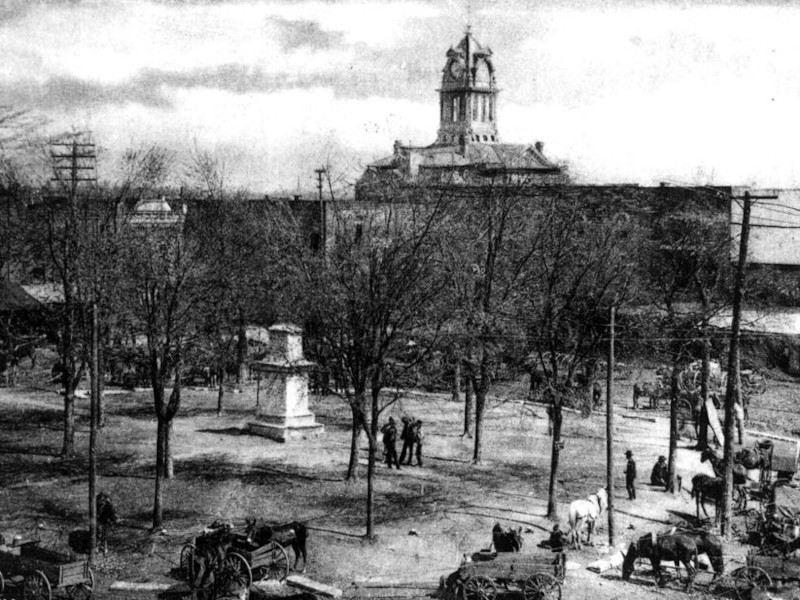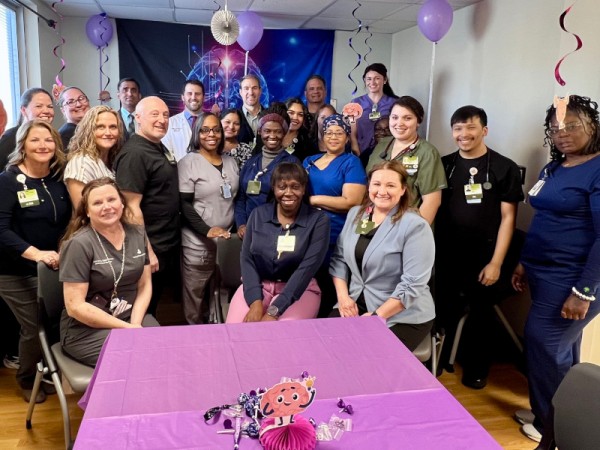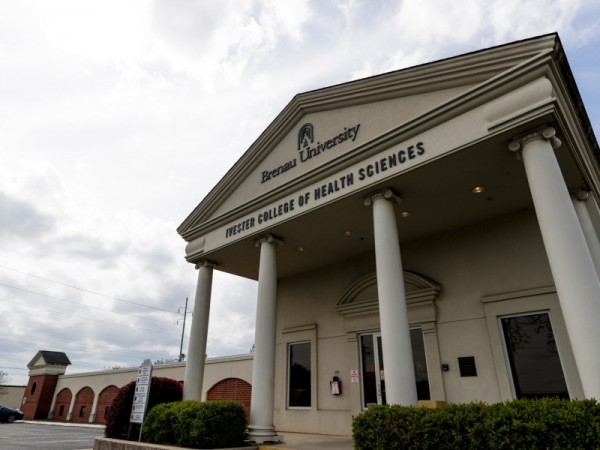Tuesday marked 200 years since the City of Gainesville was first chartered by the Georgia General Assembly on Nov. 30, 1821.
While Gainesville has come a long way in those 200 years, Glen Kyle, executive director of the Northeast Georgia History Center, said the city had very small beginnings.
“When we start talking about Gainesville, proper, we’re talking about European settlement and expansion westward after the independence of the United States,” Kyle said. “People slowly move west from the coast of Georgia and from the Carolinas … and they’re looking for land … they need resources on that land, especially water.”
Kyle said this desire for land with water access is eventually what brings European settlers to the area, which they called Mule Camp Springs. Over time, these travelers would decide to settle down in the area, which would become the City of Gainesville and the county seat in 1821.
“From that point, it’s a slow process of course,” Kyle said. “As people begin to move in, they began to establish a town … where the square is now is where the square was originally established then, so that’s really the core of Gainesville from its earliest historical beginnings.”
The location of the city played a big role in some interactions in the early days, as Gainesville is right on the frontier of Cherokee country, according to Kyle.
"One of the most interesting things about Gainesville in those early days is the high proportion of lawyers," Kyle said. "There was a lot of business and a lot of interaction that took place between Georgians and the Cherokee that needed regulation."
A major turning point for the city came about in 1871, with the establishment of the Airline Railroad, later renamed the Southern.
“It means that people can now bring their crops, their products to Gainesville, not any other place, but Gainesville, and put it on those rail cars and send it south to markets,” Kyle said. “With that also comes ... finished products, more fancy trade goods, more technology and things like that. That’s what makes Gainesville the economic and transportation center of Northeast Georgia.”
Kyle said the city’s economy prospered after the arrival of the railroad, which eventually led to the creation of schools, stores, banks and even Brenau University.
The railroad also brought the textile industry to northeast Georgia, and Gainesville was considered the center of that activity.
“By the early 1900s we have three cotton mills operating in Gainesville,” Kyle said. “That’s a fair number of mills for a town of Gainesville’s size.”
Over time, Gainesville continued to grow, bouncing back from several disasters, including the fire of 1851, the tornado of 1903 and the tornado of 1936.
Another key turning point for the area’s economy and industry happened in the wake of World War II when Jesse Jewell started what would eventually become Georgia’s largest agricultural crop: poultry.
“It wasn’t just that he saw there was a need for poultry, he figured out a way to make it work and to make it prosperous for everyone involved,” Kyle said. “Even the small growers and the guys who took care of the eggs, the guys who took care of the feed processes and things like that. He set it up so that everyone could cooperate and take part in the prosperity.”
Kyle said there are so many important moments throughout history that set Gainesville up for success, all of which are still bringing people to the city today.
“People are still coming to Gainesville for a lot of different reasons. They’re coming because of the scenery, they’re coming because of the job opportunities,” Kyle said. “Gainesville definitely has a unique feel, and that uniqueness could not exist without the city’s past.”

















